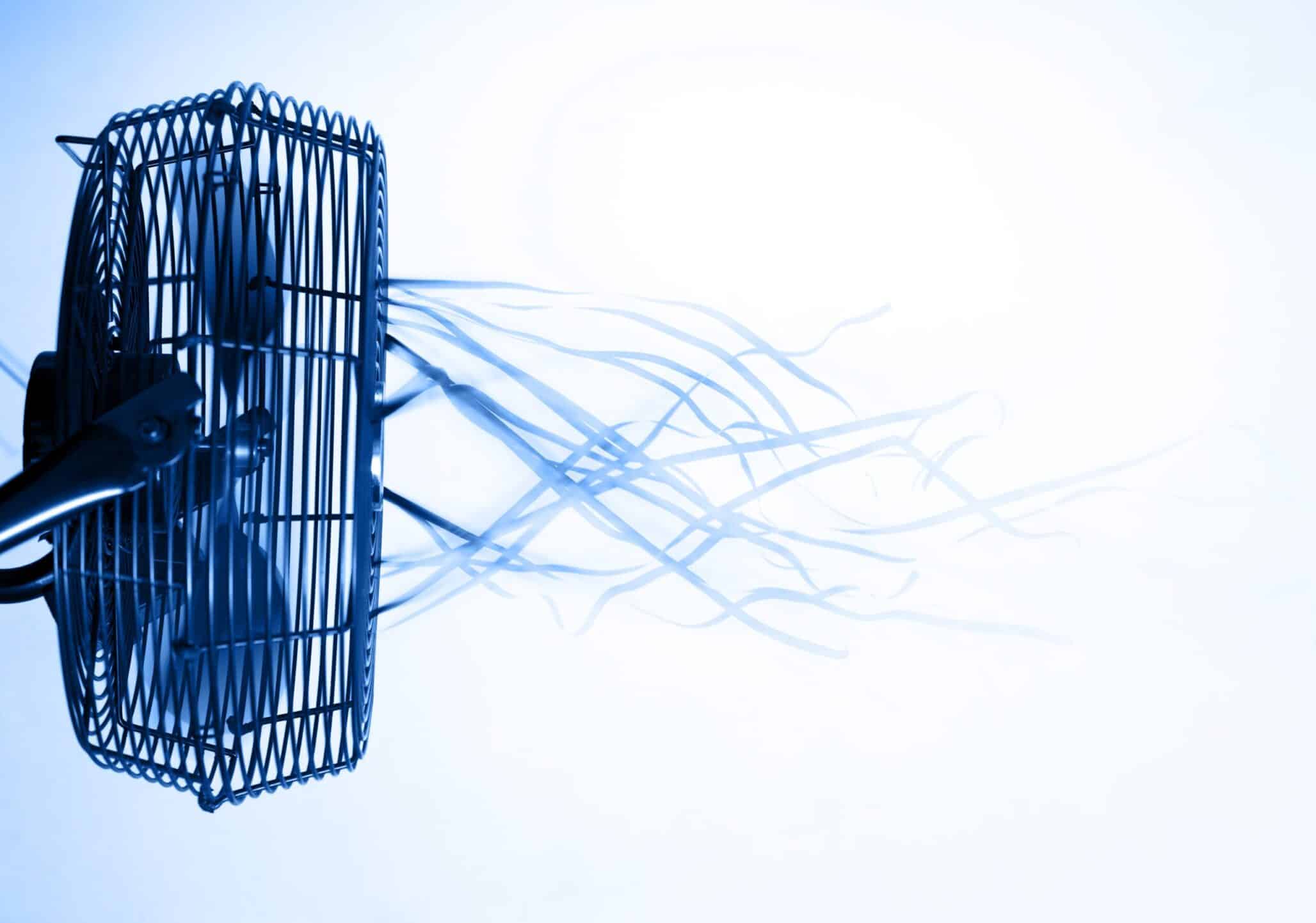Encourage aggressive pre-plant management in 2020.
The challenging 2019 growing season may have set corn and soybean farmers up for a 2020 weed challenge. Seed advisors are urged to work with customers to establish aggressive pre-plant weed control programs that will help maximize corn and soybean yield potential in the new year.
“With such a large percentage of no-till corn and soybeans today, you always have to take care of potential weeds right from the start,” says Larry Steckel, University of Tennessee Extension weed specialist. “And then we had 2019. Especially where we had prevented plantings, fields are weedy messes and winter annuals have become well established in the ‘jungle.'”
Tony Lenz, Stine Seed technical corn agronomist, has similar observations, adding, “Prevented planting acres and very wet fields may have a higher weed seed bank supply, too.”
Cleaning Up After 2019
With that in mind, starting clean should be standard procedure. Seed advisors might be best served to provide guidance for the most effective approach to managing broadleaf weeds and grasses for individual customer operations, given additional cost and headaches in 2019.
“Some farmers had triple the herbicide cost and had to spray up to four times to control grasses in 2019,” Steckel notes. “Other farmers lost corn and soybean yield to weed competition and harvest efficiency was not great because grasses were choking up soybean combines.”
For fields not treated for weeds in the fall, Steckel recommends spraying before any weeds green up at least once in the spring and possibly more times. Even for fields that did get a fall treatment, a second shot in the spring may be needed, given the weed challenges of 2019. He adds that farmers who planted cover crops last year may be in the best position for early weed control. Steckel says a good stand of cover crops diminishes winter annual weed growth.
Other tips to put 2019 in the rearview mirror include tilling right before planting to not only help with weed suppression, but also break up compaction in the soil and help limit diseases that may have overwintered in the previous crop’s residue, according to Lenz. Use of a residual herbicide can then, when activated with moisture, give up to month-long control on certain weeds.
“No-till or minimum till followed by a burndown product to remove already established weeds that germinate early like kochia or marestail is a good option,” Lenz says.
Pre-plant field management is critical to control these weed species and even resistant weeds.
“Other tough-to-control weeds like waterhemp, ragweed and especially resistant Palmer amaranth can be yield robbers if not controlled early in the season,” Lenz says. “Get corn and soybeans off to a good start to shade the crop rows and help with weed control and yields.”
Lowell Sandell, FMD specialist with Valent and previous University of Nebraska Extension weed science educator, notes multiple studies have shown if weeds are allowed to grow to 12 inches, soybean yield can be reduced by as much as 10%. In corn, foot-high weeds can cause up to 22% yield loss.
Sandell agrees a spring burndown program in corn and soybeans provides effective weed control to prepare for planting and helps decrease the seedbank in-season.
“Including preemergence herbicides can minimize postemergence herbicide applications and protect against early-season weed competition when weather or schedules prohibit timely post applications,” he adds.
Dan Puck, Corteva Enlist field specialist, advocates burndown and/or preemergence herbicide applications for early season control as well.
“Use products that offer residual activity, preferably with different modes of action than postemergence herbicides,” Puck says. “Follow with timely applications of post herbicides that will control weeds as the crop continues to develop.”
Planting Best Seed Options for 2020
Herbicide selection is a critical pre-plant management decision that goes hand in hand with seed selection. Knowing the weed spectrum can help farmers pinpoint what weed control technologies to use. For customers who want to control seed costs, conventional seed may be preferred.
In either case, Lenz recommends agronomists promote seed products that have shown consistent yields for multiple growing seasons and across large geographical areas.
“Seed herbicide trait selection is key (for those situations where technology is demanded),” Lenz says, adding newer E-3 technology manages tough-to-control weeds. The molecular stack has tolerance to new 2,4-D choline and glyphosate as well as glufosinate herbicides.
“It is an option to attack weeds with many different modes of action and be able to do different tank mix combinations to stay ahead of weed resistance,” he says.
Steckel says glyphosate resistance is a concern in regions, including the mid-South, where primarily Roundup Ready 2 Xtend has been used. Farmers struggle to control annual grasses.
“We have found it is most effective to not use dicamba and glyphosate together,” he says. “Spray them separately so you don’t lose control with dicamba. It is antagonistic to grasses.”
Puck says advisors should also help farmers consider trait technology field placement.
“Plant seeds with trait technologies on the acres that allow farmers to take advantage of the herbicides that match those technologies,” he says. “Plant herbicide-tolerant crops in locations that allow farmers to maximize the benefits of that trait technology by using the herbicides needed. Pick a package that includes yield, agronomic and disease-resistant traits and offers a weed control technology that will handle the weed pressure in the fields.”
“There are a lot of things to digest from the 2019 growing season,” Lenz says. “It is very important to build a relationship with your customers and go over yearly notes to put together a plan field by field and weigh all the options. You need to come up with a plan that will allow your customers to have the best return per acre and get off to a fresh start in the new year.”












